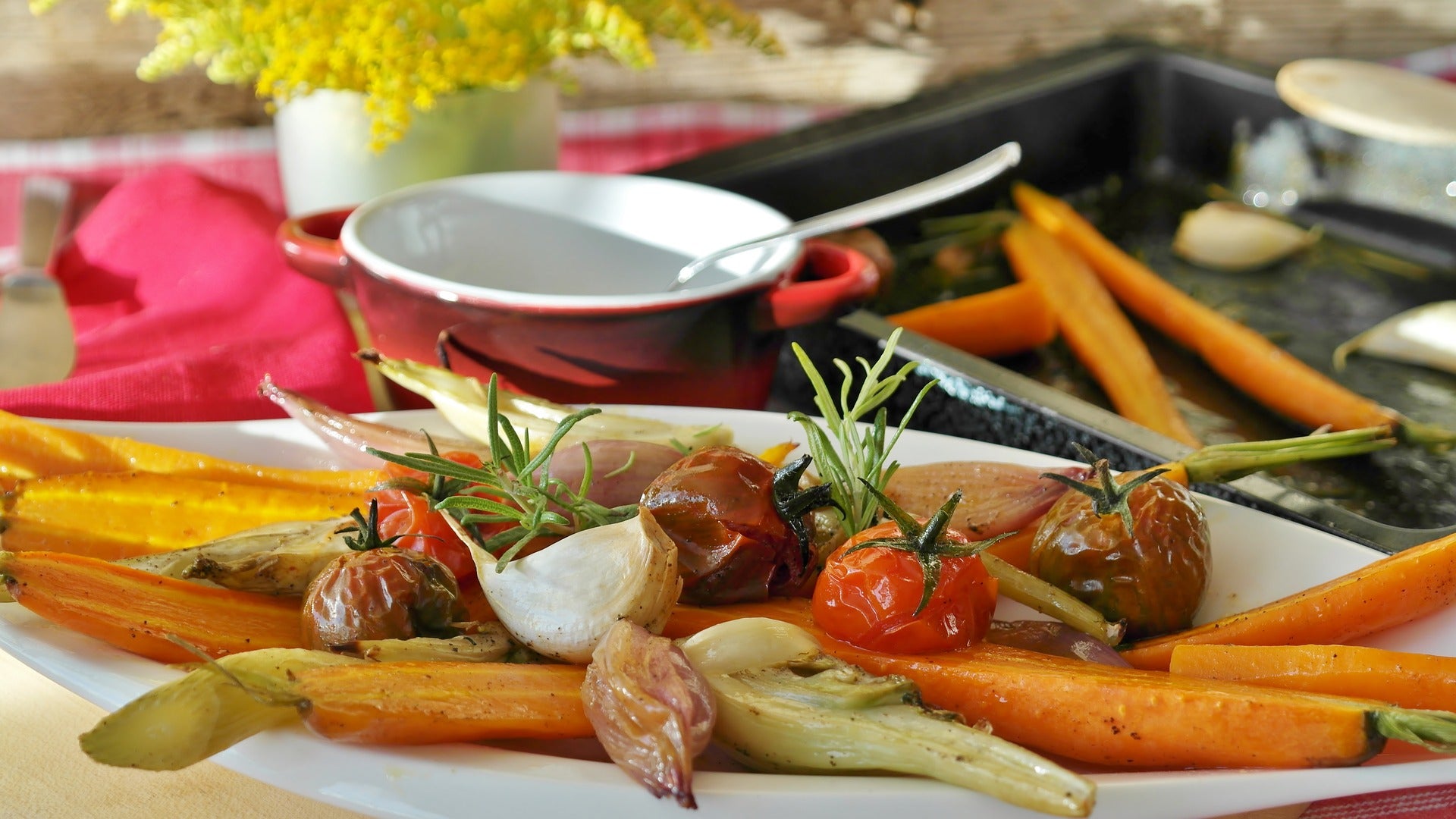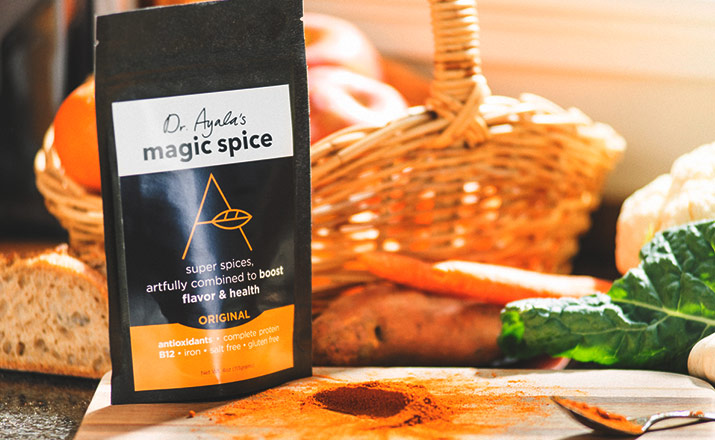
Sustainable Summer: Greening your BBQ

Summer’s here, for some this means barbecue season, others are looking forward to summer travels.
Food's much more than body fuel, but I'm here to suggest that if you pause to consider fuel-efficient transportation, checking on your food's emissions is at least as important.
Turns out, the average American's weekly greenhouse gases related to food spending are similar to driving from New York City to Baltimore. Greenhouse gas emissions related to food production account for a fifth of all emissions in the US – as much as those produced by the entire US industrial activity. But the greenhouse gases generated by households vary enormously depending on food choices. Some food choices resemble walking and taking the subway in their greenhouse gas cost; others are more like driving a gas-guzzler.
A new study in the journal Food Policy, led by Rebecca Boehm, examines the greenhouse gasses generated by people depending on food choices. The greenhouse gasses were assessed for food’s entire life cycle, including production, manufacturing, distribution, transportation, retail and restaurants.
The researchers found that the beef, pork and other red meat production generates 21 percent of all household food purchase related emissions. If you look at all animal proteins – adding poultry, pork, lamb and seafood to the above this – these foods make up 30 percent of all emissions.
When the researchers looked at the socio-demographic profile of the highest emitting households, they found that they tended to be white, more affluent and also more educated.
Preventing disease, minding the planet
Another recent study in the journal Climatic Change estimated how small changes to the diet affect both greenhouse emissions and health. For health outcomes the researchers looked at the risk of diabetes, colon cancer and heart disease. In their model, a 2000 calorie diet’s red and processed meat content was progressively reduced, and replaced with peas and beans, and fruits and vegetables were increased. The model did not alter added sugar, dairy, eggs or fish.
The less-meat diet models reduced the risk of heart disease, colon cancer and type 2 diabetes by 20-45 percent and greenhouse gas emissions dropped 200-800 kg per person a year – depending on how much shift there was to plant-based proteins. These emission reductions are substantial and can make up 6-23 percent of the US Climate Action Plan’s target goal, and can also save lots of money in healthcare expenditure.
These studies, and many more like them, suggest that by reducing animal protein we can not only improve our personal health but also the health of our planet – this small step multiplied by a large population can make a huge difference.
Again, no one’s suggesting committing to a vegetarian or vegan diet – just a reduction to quantities that are within the dietary guideline's recommendations.
A shift from animal to plant protein can improve health outcomes – provided you choose whole plant protein, and not highly refined or highly processed plant-based alternatives and grains.
The environmental and health benefits are aligned. And a plant-centric diet can be absolutely delicious, so culinary considerations need not suffer, either.
And a fired up grill can also cook plant-based incredible dishes.
A few colorful recipes to try:
- From Natural Food Chef Jodi Moreno: Grilled Sweet Potato Stuffed with BBQ Baked Beans & Cilantro Yogurt, and Grilled Artichokes Marinated in Garlic & Lemon.
- From Plant-Based Scotty: Hearty Vegan Black Bean Burger (quick and easy) and his Vegan Mushroom Lentil Burger which is a little more involved.
- From Registered Dietitian Chelsea Amer, Grilled Romaine Hearts with Figs.
- And from my own collection, a really easy one: Transformational Roasted Vegetables.
Dr. Ayala
In Same Category
- Diet affects vulnerability to Covid-19
- To Fight Inflammation Try Your Spice Rack
- Make Vegetables Sexy
- It Isn’t Meat, but Is It Delivering on Plant-Based?
- Activating Brown Fat – and Your Metabolism – with Turmeric, Coffee and Other Goodies
- Here's Why You Need to Cook More
- Top Healthy Food Trends for 2019
- An Easy, Proven Trick for Eating Healthier
- 12 Delicious Cooking Tips That Will Set You Free From The Salt Trap
- Smart Eating for a Successful School Year
- Fitness, Mindfulness and Healthy Eating – There’s an App for That
- Sustainable Summer: Greening your BBQ
- How to Eat Healthy in College and Avoid Weight Gain on Cafeteria Food
- Want Kids to Eat More Veggies? Season Them Up!
- All You Ever Wanted to Know About Nutritional Yeast and Its Health Benefits
- Falling in Love with Kickstarter
- Fighting Inflammation with Spices
- 3 Things Plant-Based Eaters Should Watch For
- Turmeric Absorption and Tips to Enhance Its Activity
- BEFORE & AFTER: Roasted Sweet Potatoes
- BEFORE & AFTER: Baked Potato Wedges
- BEFORE & AFTER: Roasted Cauliflower
Related by Tags
- It Isn’t Meat, but Is It Delivering on Plant-Based?
- Here's Why You Need to Cook More
- Top Healthy Food Trends for 2019
- An Easy, Proven Trick for Eating Healthier
- Smart Eating for a Successful School Year
- Sustainable Summer: Greening your BBQ
- How to Eat Healthy in College and Avoid Weight Gain on Cafeteria Food
- Want Kids to Eat More Veggies? Season Them Up!
- All You Ever Wanted to Know About Nutritional Yeast and Its Health Benefits
- Fighting Inflammation with Spices
- 3 Things Plant-Based Eaters Should Watch For
- Turmeric Absorption and Tips to Enhance Its Activity
